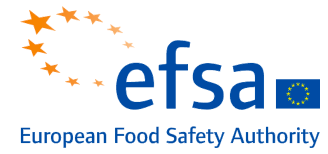Chemycal has been acquired by 3E
Learn MoreChemycal has been acquired by 3E
Learn MoreDiscover how Chemycal PRO helps you boosting your regulatory monitoring:

EFSA’s experts have used an updated scientific approach to reassess the possible long-term adverse effects of the food processing contaminant 3-MCPD on the kidney and male fertility.
Consumption levels of 3-MCPD in food are considered safe for most consumers but there is a potential health concern among high consumers in younger age groups. In the worst case scenario, infants receiving formula only may slightly exceed the safe level.
The chemical 3-monochloropropane diol (3-MCPD) and related substances called 3-MCPD esters are food processing contaminants found in some processed foods and vegetable oils, mainly palm oil. 3-MCPD and its esters are formed unintentionally in these foods, in particular during oil refining processes.
EFSA’s expert panel on contaminants first assessed the potential risks of 3-MCPD in 2016 together with another food processing contaminant called glycidyl fatty acid esters (GE). EFSA concluded that GE are a concern for public health because they are genotoxic and carcinogenic, i.e. they can damage DNA and cause cancer.
The European Commission is finalising new EU legislation aimed at reducing GE levels in vegetable oils and food.
CONTINUE READING ON www.efsa.europa.eu
2013 © MyChemicalMonitoring. ALL Rights Reserved. About Us | Terms and Conditions